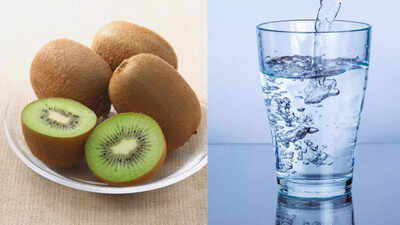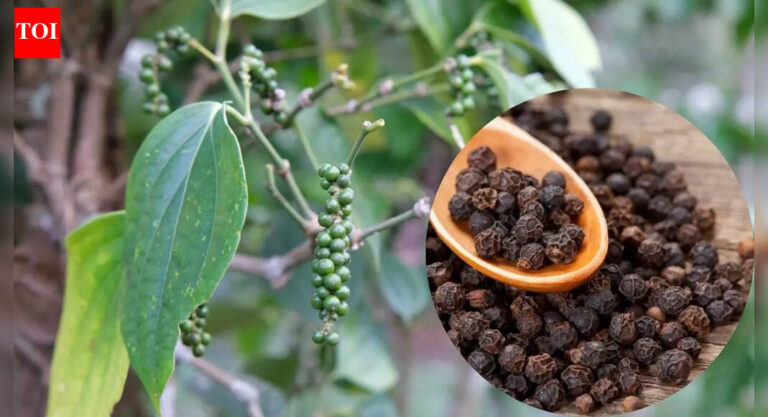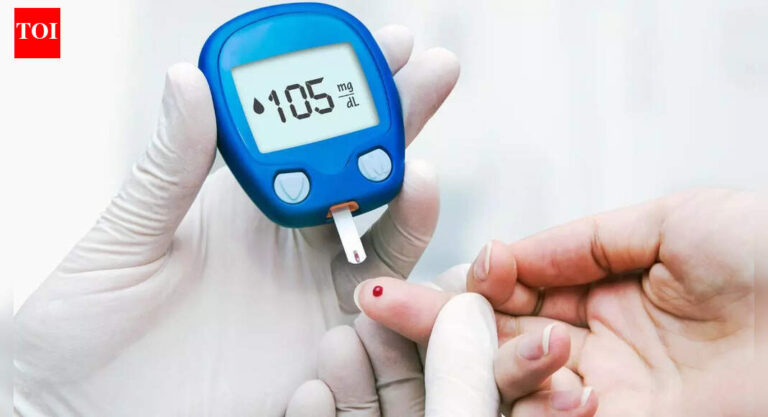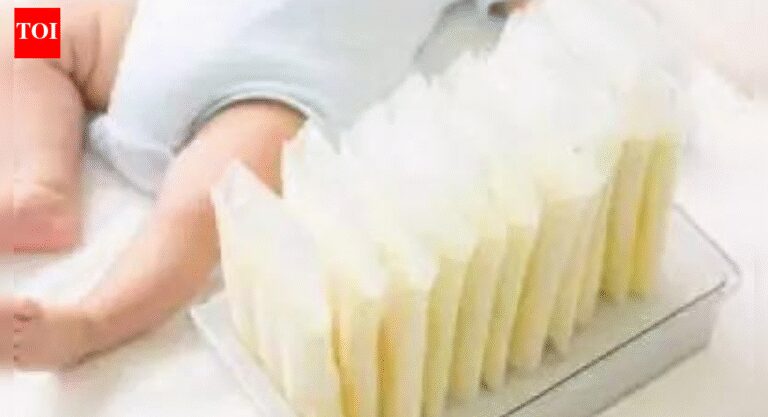
Constipation is a widespread digestive issue affecting approximately one in ten people, often leading to discomfort, bloating, and irregular bowel movements. Despite being common, it can significantly reduce quality of life if left unaddressed. Recent research from King’s College London indicates that simple dietary changes, such as consuming fibre-rich fruits like kiwis, can stimulate bowel movements and soften stools. Drinking mineral-rich water further supports gut health, as minerals like magnesium act as natural laxatives. For individuals with persistent symptoms, magnesium supplements may provide additional relief by reducing bloating, abdominal pain, and straining. Incorporating these dietary strategies can promote regularity, improve overall digestive function, and enhance well-being naturally, offering a practical approach to managing constipation.
Understanding constipation and its symptoms
Constipation is generally defined as having fewer than three bowel movements per week or experiencing difficulty passing stools. According to Dr Eirini Dimidi from King’s College London, people with constipation can report up to thirty different symptoms, ranging from abdominal pain and bloating to straining and a sense of incomplete evacuation. This complexity makes it crucial to address the condition early.Dietary interventions have emerged as a primary approach to managing constipation. Instead of relying solely on medications, health professionals increasingly recommend adjustments in fruit intake, hydration, and fibre consumption to support healthy bowel function.
How kiwi fruit and mineral water can naturally relieve constipation
Kiwi fruit has been identified as particularly effective for alleviating constipation. The fruit is rich in dietary fibre, which stimulates bowel contractions and increases the volume of stools, making them easier to pass. Kiwi also helps retain water in the intestines, softening stools and preventing straining during bowel movements.As reported by BBC, Dr Dimidi suggests consuming two to three kiwis daily to achieve these benefits. She notes that even without the skin, kiwi still provides significant fibre content. Beyond aiding digestion, kiwis are a rich source of vitamin C, which supports immunity, and potassium, which may assist in regulating blood pressure.In addition to kiwi, other fibre-rich foods such as prunes and rye bread can support gut health. Incorporating eight to ten prunes or including rye bread in daily snacks can have a similar impact on bowel regularity.
- Importance of mineral water
Hydration is another key factor in managing constipation. Dr Dimidi emphasises that mineral water is preferable to tap water because of its magnesium content. Magnesium naturally draws water into the intestines and acts as a mild laxative, helping to soften stools and improve bowel movements.Magnesium oxide supplements may also be beneficial, reducing lower abdominal pain, bloating, and straining while promoting regularity. These dietary adjustments provide a natural, evidence-based approach to managing constipation without the side effects often associated with laxatives or other medications.
How to manage constipation through diet: Expert reveals
Professor Kevin Whelan highlights that the latest guidance from King’s College London represents a significant step forward in empowering both healthcare professionals and patients to manage constipation through diet. The British Dietetic Association has also praised this research, describing it as “a more diet-focused and evidence-based approach to the management of chronic constipation.”By integrating kiwis, mineral water, and other fibre-rich foods into daily routines, individuals can take effective, natural measures to improve gut health, relieve constipation, and enhance overall well-being.Disclaimer: This article is for informational purposes only and does not replace professional medical advice. Always consult a qualified healthcare provider for persistent constipation, digestive issues, or before making significant changes to your diet or supplements.Also Read | Hemodialysis vs Peritoneal Dialysis: Which kidney treatment is right for you and how to decide







